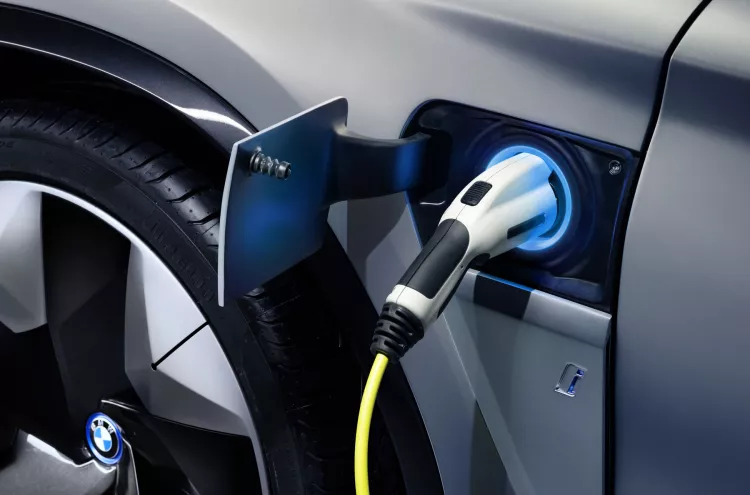The Indian government has decided to cut VAT on electric vehicles from 12% to 5% and charging stations from 18% to 12%. In addition, the purchase of electric buses by the municipalities is exempt from VAT.
The changes will come into force on 1 August 2019. The VAT on petrol and diesel remains at 28 percent. With the tax cut, the Indian government wants to reduce the price difference between the two types of power in order to make electric cars more affordable.
However, an exemption from the registration fee for electric vehicles, which was discussed in June, was not decided. Reports are still in the room to increase the registration fee for gasoline and diesel.
However, the Federal Bureau of Indirect Taxes (abbreviated to GST) has made the condition that the vehicles have at least 12 seats eligible for the tax exemption for electric buses. The Indian government wants to promote not only renewable energy, but also clean traffic.
The president of the acting Government and the only candidate for re-election, Francina Armengol (President of the Balearic Islands), has promised in her inaugural speech tax incentives for those who buy electric cars instead of polluting… Continue reading
The Blacksmith B2 is an Indian electric motorcycle, a mixture of classic and technological design, a great autonomy thanks to its interchangeable batteries and a very affordable price. The Blacksmith B2 electric motorcycle is the third… Continue reading
Green turn for Germany, which puts on the table a maxi plan for the reduction of polluting emissions. A package that includes 360-degree interventions, some of which are dedicated to electric mobility. Overall, this ambitious plan will see an investment of… Continue reading
The batteries in electric vehicles have the added benefit of being recyclable after serving multiple purposes. Audi incorporates prototype automobile batteries into portable power stations. Electric rickshaws in India give them a new… Continue reading









